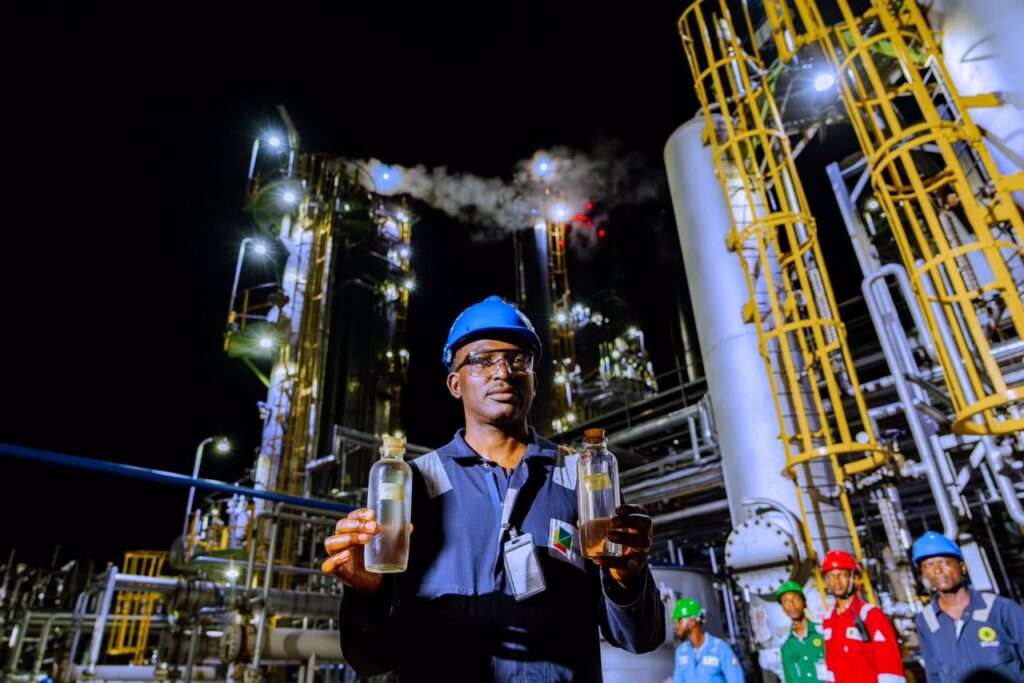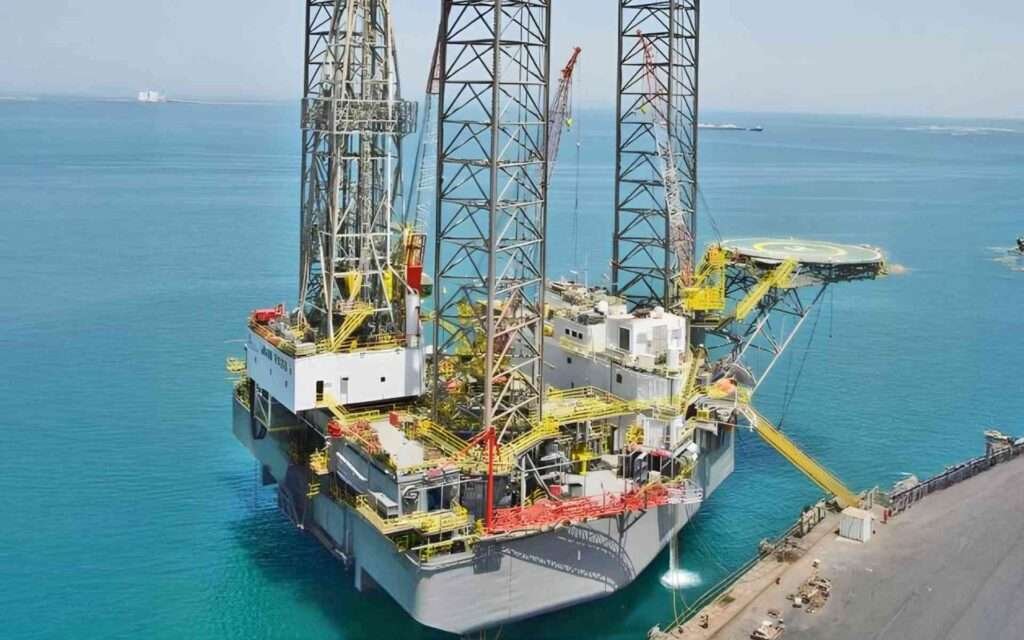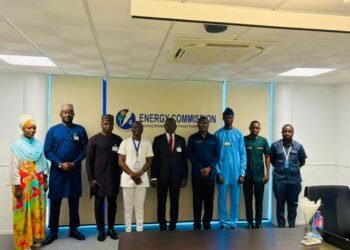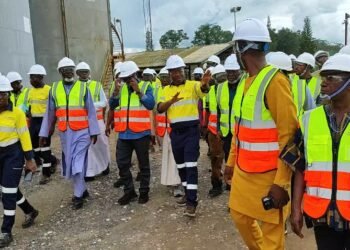The Nigerian Upstream Petroleum Regulatory Commission (NUPRC) has approved a landmark transaction in the country’s oil and gas industry, granting consent for TotalEnergies Exploration and Production Nigeria Limited to divest its entire 12.5% contractor interest in Oil Mining Lease (OML) 118.
The interest will now be transferred to Shell Nigeria Exploration and Production Company (SNEPCo) and Nigerian Agip Exploration Limited (NAE), both existing partners in the deepwater asset that hosts the prolific Bonga oil field.
Confirming the development, the Commission described the divestment as a “strategic reallocation of interests designed to enhance technical efficiency and financial stability in the operation of OML 118.”
Strengthening Nigeria’s Deepwater Assets

According to the regulator, SNEPCo and NAE demonstrated their readiness to assume the divested stake by providing evidence of their technical expertise, managerial competence, and access to funding.
“SNEPCo and NAE have demonstrated both technical and managerial competence to optimally contribute to the upstream operations (explore, develop and produce) in OML 118.
“They already maintain a participating interest in the asset.”
Nigerian Upstream Petroleum Regulatory Commission (NUPRC)
NUPRC further emphasized that the deal would not only consolidate existing partnerships but also ensure continued efficient production at one of Nigeria’s most critical offshore blocks.
Beyond production and investment capacity, the Commission highlighted the critical issue of liabilities associated with the asset.
Under the terms of the deal, SNEPCo and NAE will assume responsibility for all decommissioning and abandonment obligations, as well as host community commitments previously held by TotalEnergies.
“These liabilities are non-negotiable.
“They are designed to guarantee the long-term sustainability of Nigeria’s oil and gas operations and the well-being of host communities.”
Nigerian Upstream Petroleum Regulatory Commission (NUPRC)
Industry experts say the shift underscores a broader regulatory push to hold operators accountable not only for production, but also for environmental remediation and community development.
Subject to Ministerial Consent

While NUPRC’s approval is a critical milestone, the transaction remains subject to final ministerial consent, as required under Sections 95(1), (2), (7), (11), and (12) of the Petroleum Industry Act (PIA) 2021.
To secure this consent, both SNEPCo and NAE will pay a combined premium of $510 million in ministerial consent and processing fees. SNEPCo will shoulder 5% of the transaction value, while NAE will contribute 2%.
Additionally, the acquiring companies are expected to submit written undertakings affirming their commitment to all liabilities associated with the divested stake.
This divestment approval comes just weeks after another significant development in Nigeria’s upstream sector.
In early September, under NUPRC’s supervision, the Nigerian National Petroleum Company Limited (NNPCL), in partnership with TotalEnergies and South Atlantic Petroleum (SAPETRO), finalized a new Production Sharing Contract (PSC) for deepwater Petroleum Prospecting Licences (PPLs) 2000 and 2001.
The licences, awarded during the 2024 Licensing Round, marked the formal closure of that exercise and set a precedent for future contracts in Nigeria’s frontier and deepwater acreages.
Speaking at the signing, NUPRC Chief Executive Officer Gbenga Komolafe said the new PSCs would underpin Nigeria’s energy transition agenda.
“The production sharing contract with TotalEnergies will support Nigeria’s transition to a gas-powered economy.”
NUPRC Chief Executive Officer Gbenga Komolafe

He added that future deepwater and frontier contracts would likely adopt similar gas-focused terms, describing them as “a model for dedicated gas development in line with Nigeria’s long-term strategy.”
The deal also consolidates Shell and Agip’s positions in one of Nigeria’s most productive oil assets, potentially unlocking greater efficiencies in the Bonga field, which has produced over one billion barrels of oil since first oil in 2005.
For TotalEnergies, the divestment is part of a broader global strategy to rebalance its portfolio, focusing on renewables, natural gas, and lower-carbon oil developments.
For Nigeria, however, the transaction sends a message of stability to investors: that the government is committed to facilitating oil and gas investments while ensuring accountability for community obligations and environmental sustainability.
As the country works to reposition its petroleum sector, the combination of regulatory oversight, fiscal reform, and international collaboration appears set to chart a new course for Nigeria’s upstream industry.
READ ALSO: Market Cheers as Ghana’s Treasury Auction Breaks Four-Week Drought with 15.8% Oversubscription























